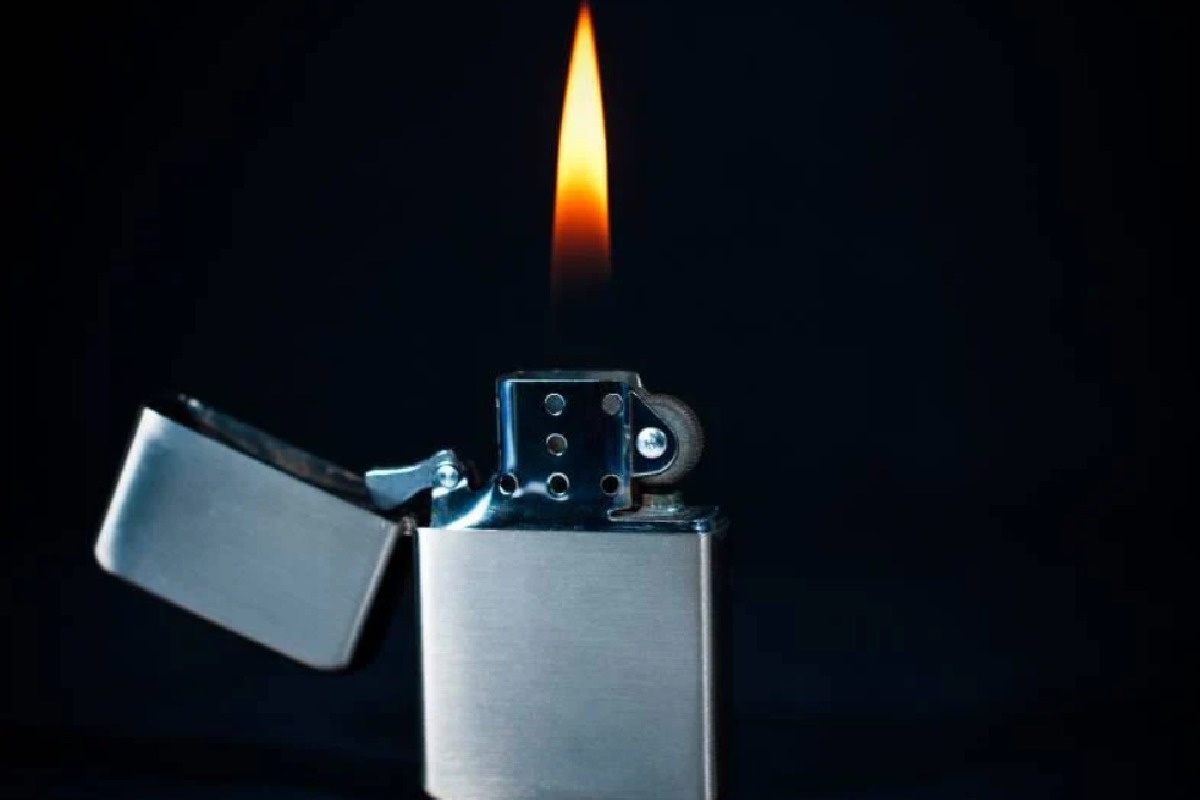Table of Contents
Introduction
How Old Do You Have To Be To Buy Lighters – The majority of states where smoking is legal at age 21 require buyers to be at least 18 years old in order to purchase a lighter. When attempting to use lighter functions, it is important to be aware of the variations, exclusions, and subtleties of this law. less heavy.
Why Is There a Legal Age Limit for Purchasing Lighters?
Everyone looks forward to a number of significant life events, such as being eligible to obtain a driver’s license, being able to vote, having your first legally permitted drink, and many more. Some people don’t think about getting their first lighter when they turn eighteen.
The minimum legal age to purchase a lighter is frequently linked to more general laws governing the sale of tobacco products or related goods. Although lighters are not tobacco products in and of themselves, they are frequently connected to smoking, and there are issues with their use in connection to tobacco use. There are situations when the legal age to purchase lighters and tobacco products coincide.
Here Are a Few Reasons Behind Establishing a Legal Age For Purchasing Lighters:
Tobacco Connection: Lighters are frequently used for lighting cigarettes, cigars, or pipes. Many jurisdictions have age restrictions on purchasing tobacco products due to health concerns and the potential for addiction. By setting a legal age for purchasing lighters, authorities may aim to regulate their access in conjunction with tobacco use.
Fire Safety Concerns: Lighters are fire-starting devices, and there may be concerns about their misuse by individuals who are too young to understand the potential risks. Setting a legal age helps ensure that these items are in the hands of individuals who are more likely to use them responsibly.
Preventing Access by Minors: Establishing a legal age for purchasing lighters helps prevent minors from easily obtaining these items. This is in line with broader efforts to restrict access to potentially dangerous objects and substances for those who are underage.
Regulatory Consistency: Aligning the legal age for purchasing lighters with the legal age for tobacco products helps maintain consistency in regulatory frameworks. It can simplify enforcement and make it easier for retailers to comply with age-related restrictions.
What to Choose When Buying a Lighter
Even if you are unsure of the laws, make sure to bring identification when purchasing the lighter. Laws pertaining to age restrictions are subject to swift revision, and specific retailers may impose additional regulations.
To enjoy (legal) smoking, you must buy a smaller lighter that you can carry using just only one hand, for instance, an ignition spark lighter or Zippo lighter.
Accidental Fires
Accidental fires can occur for various reasons and in different settings, posing risks to life, property, and the environment. Common causes of accidental fires include:
Electrical Issues: Faulty wiring, overloaded circuits, and malfunctioning electrical appliances can lead to electrical fires.
Cooking Incidents: Unattended cooking is a major cause of residential fires. Grease fires, overheated oil, or flammable materials near stoves can result in kitchen fires.
Smoking: Careless smoking, such as discarding lit cigarettes improperly, can lead to fires, especially in dry or windy conditions.
Heating Equipment: Malfunctioning or improperly used heating devices, such as space heaters or furnaces, can cause fires.
Candles: Leaving candles unattended or placing them too close to flammable materials can result in fires.
Children Playing with Fire: Curiosity and lack of awareness may lead children to play with matches or lighters, causing accidental fires.
Appliance malfunctions: If not properly maintained, household appliances, like dryers and washing machines, can break down and catch fire.
Chemical Reactions: Certain chemicals, when mixed or used improperly, can lead to fires.
To Minimize The Risk Of Accidental Fires, It’s Important To Follow Safety Practices, Such As:
- Regularly inspecting and maintaining electrical systems and appliances.
- Using heating equipment properly and keeping flammable materials away from heat sources.
- Never leaving cooking or open flames unattended.
- Educating children about fire safety and keeping matches and lighters out of their reach.
- Practicing safe smoking habits.
- Using candles in a safe manner and keeping them away from flammable materials.
- Storing and handling chemicals according to safety guidelines.
Additionally, having smoke detectors and fire extinguishers in homes and buildings can provide early detection and aid in fire suppression. It’s essential to be aware of local fire safety regulations and to take proactive measures to reduce the risk of accidental fires.

